
RHA rejects assurances about post-Brexit Calais delays
The UK’s Road Haulage Association (RHA) has challenged claims by the president of the Port of Calais, Jean-Marc Puissesseau, that the port is ready for a no-deal Brexit and will not be carrying out any more vehicle checks, post-Brexit, than are already be
RHA chief executive Richard Burnett said the comments “did not explain the complete picture”, glossing over a number of other time-consuming checks of vehicles likely to lead to major delays and build-ups of vehicles at ports on either sides of the Channel. Following a meeting at the key French port this week, Burnett said: “At our meeting in Calais today Monsieur Puissesseau made it abundantly clear that when a vehicle arrives at Dover, whether destined for Calais, Dunkirk or Coquelles, if the driver is without their pre-customs declarations or without a permit (if it’s a British driver) or a transit document (if delivering to a different country), they will be rejected.
“To complete that initial documentation check could take up to four or five minutes − still a significant delay. If the declaration is not fully completed, the shipping lines will reject the vehicle − it will have to turn away or park up to get the declaration completed.”
And even to access that process, UK businesses will have to complete the right documentation in the first place, Burnett pointed out, adding: “With 11 weeks to go until we leave the EU, we have nowhere enough clearing agents with sufficient knowledge to give business the help and advice they need. British businesses won’t have time to put the processes in place themselves – they simply don’t have the resources.
“We also need to be aware that the customs process has still not been agreed from a French perspective. They may well be checking trucks, despite (UK Transport Minister) Chris Grayling’s belief that this will not be the case. The French customs may well check for clearance documentation at Calais, Dunkirk or Coquelles.
“There may even be checks at Calais to check the export declarations,” he added. “This has not been clarified, but in the event of these checks, there will inevitably be long queues around the port.
“In addition, the number of migrants we have seen today clearly shows that the issue has definitely not gone away. Delays at the port will simply act as an even greater magnet to those intent on reaching UK shores by whatever means possible – usually on the back of a truck.”
The RHA’s concerns about the likelihood of major delays at key Channel ro-ro ports in the event of a no-deal Brexit are shared my most freight and logistics industry representatives, including the Freight Transport Association, which have noted that the addition of even minor checks at the borders are likely to lead to huge delays, backlogs and disruption to supply chains.
Indeed, the UK government’s own assessments have belatedly begun to acknowledge this. Earlier this week, the UK government confirmed that the Department for Transport (DfT) had been undertaking a wide range of work to mitigate the impact on the transport system of a no-deal EU Exit, while insisting that the ambition of government remained “to ensure an orderly exit from the EU”.
It added: “Whilst the government has made clear it is committed to ensuring frictionless movement across the UK border, the scale of the potential disruption to the Dover Straits, if additional customs checks were introduced in Calais, Coquelles and Dunkirk, where freight services disembark, could be very significant. Given the importance of these routes, contingency work is being undertaken to mitigate potential impacts and ensure that goods can continue to flow into and out of the UK as freely as possible.”
Chris Grayling, Secretary of State for Transport, commented: “A priority for government is to ensure that the Port of Dover and the Eurotunnel can continue to operate at the maximum possible capacity. The government is therefore working with both organisations and our French counterparts in Calais, Coquelles and Dunkirk so that any disruption or drop in throughput is managed effectively and mitigated.”
He insisted that “there is a clear willingness to reach agreements which secure the continued operation of these vital trade routes in all scenarios, and the government remains confident that there will not be major disruption to the flow of goods across the border. Nevertheless, the potential for a decline in throughput remains possible in a worst-case scenario, and the government is therefore planning for all eventualities.”
As one of several contingency measures being undertaken, the Department for Transport has completed a procurement process to secure additional ferry capacity between the UK and the EU “which can be used for critical goods such as medical supplies in the event of disruption to cross-Channel crossings”, offering contracts to from Brittany Ferries and DFDS and newcomer Seaborne Freight. The government explained that the routes agreed with Brittany and DFDS “are away from the Dover Straits, and will run from the Ports of Immingham and Felixstowe (DFDS) and Poole, Plymouth and Portsmouth (Brittany) to destinations in Germany (Cuxhaven), the Netherlands (Vlaardingen) and France (Caen, Cherbourg, Le Havre, and Roscoff).”
Nevertheless, the UK government acknowledged that all of the additional ferry freight services it has commissioned in these three contracts “will be equivalent to around 8% of normal flows across the Dover Straights”, adding. “Whilst this will not be sufficient to mitigate the full level of disruption possible in a worst-case scenario, it will enable the government to provide essential capacity for the highest priority goods including medical supplies.”
With freight and logistics operators and their representatives anticipating massive disruption in the event of a no-deal Brexit, especially to cross-Channel freight services, Lloyd’s Loading List today reported that air charter brokers are receiving more and more enquiries from freight forwarders about securing air cargo capacity to offset the potential repercussions of a ‘no deal’ Brexit on the supply chains of their shipper customers.
LOJİPORT







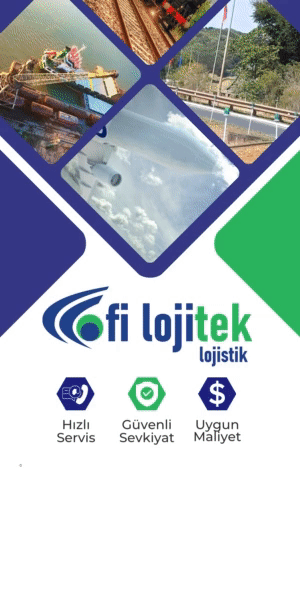


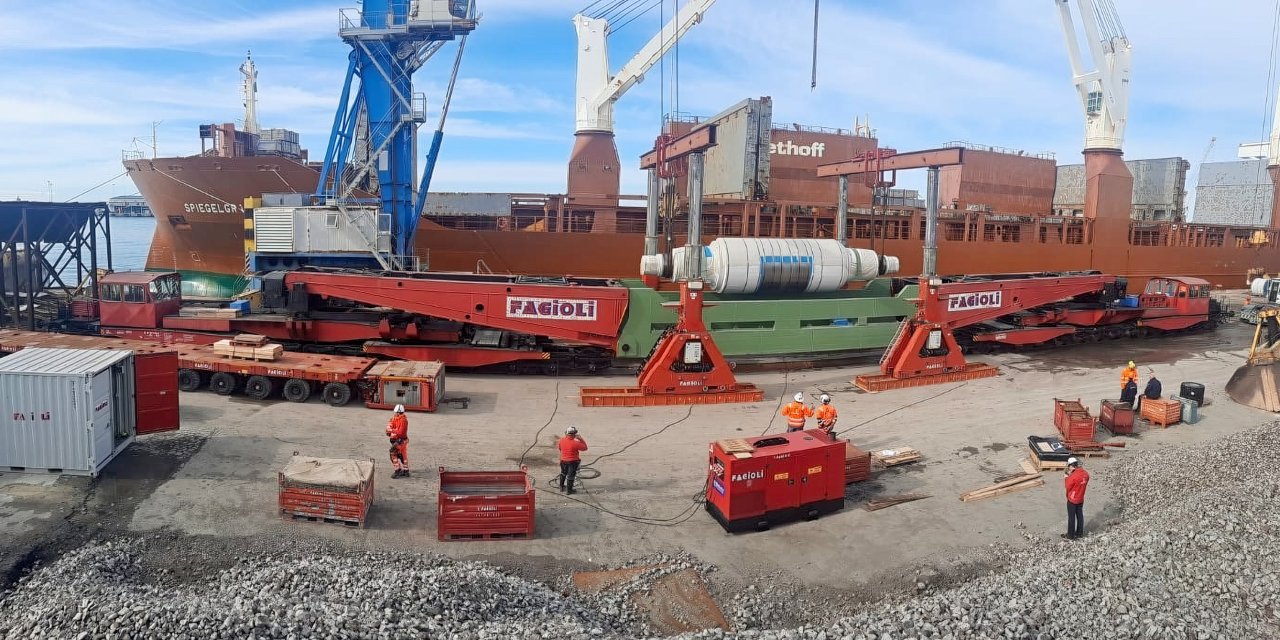
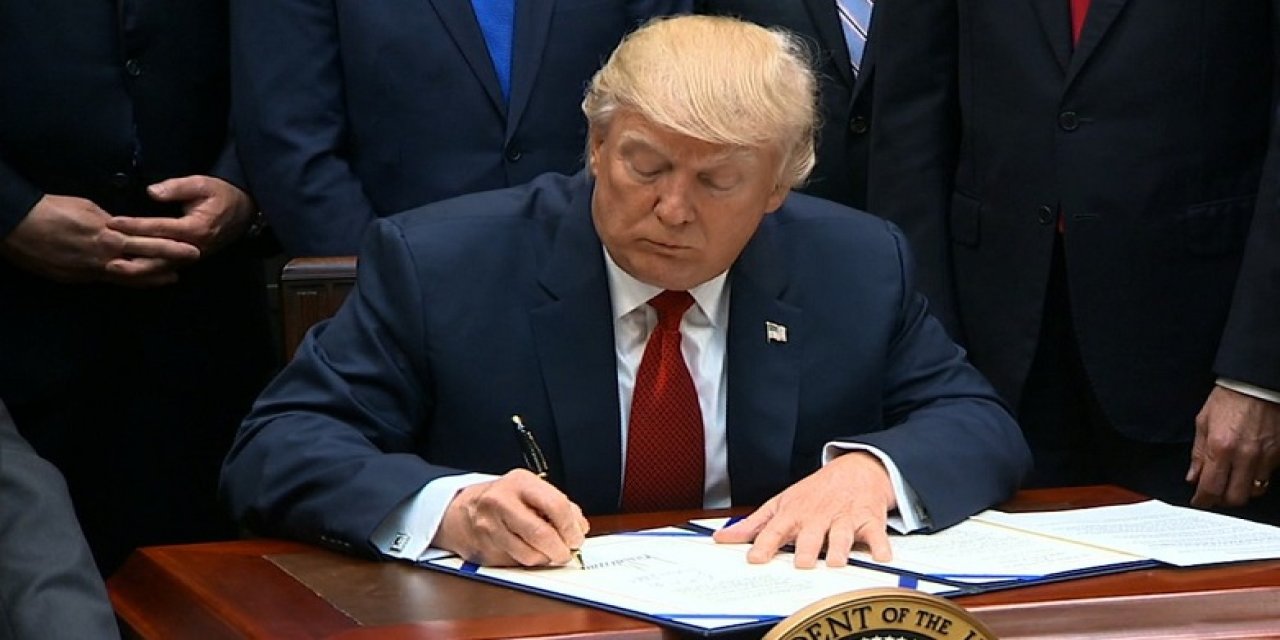
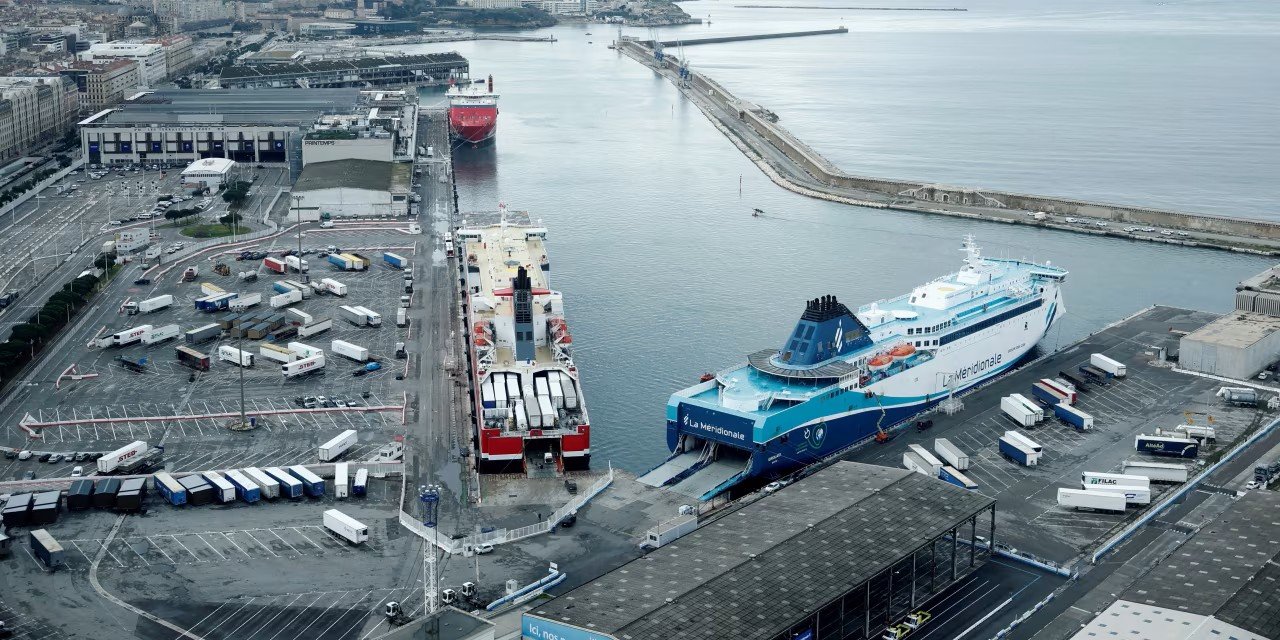


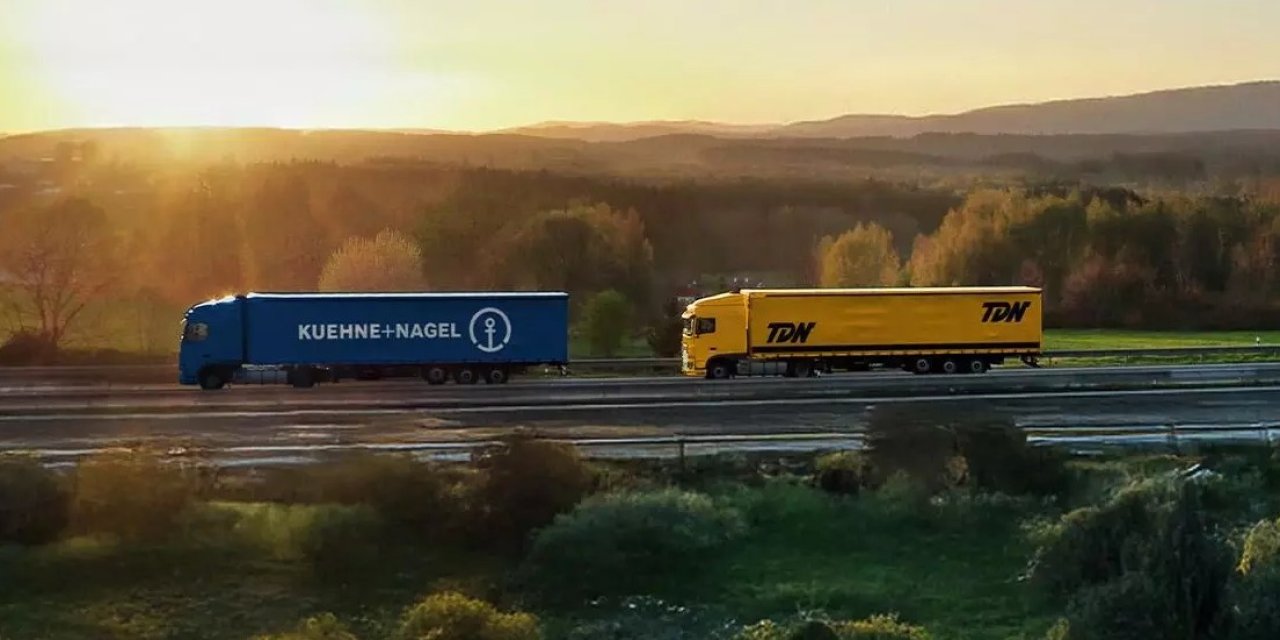
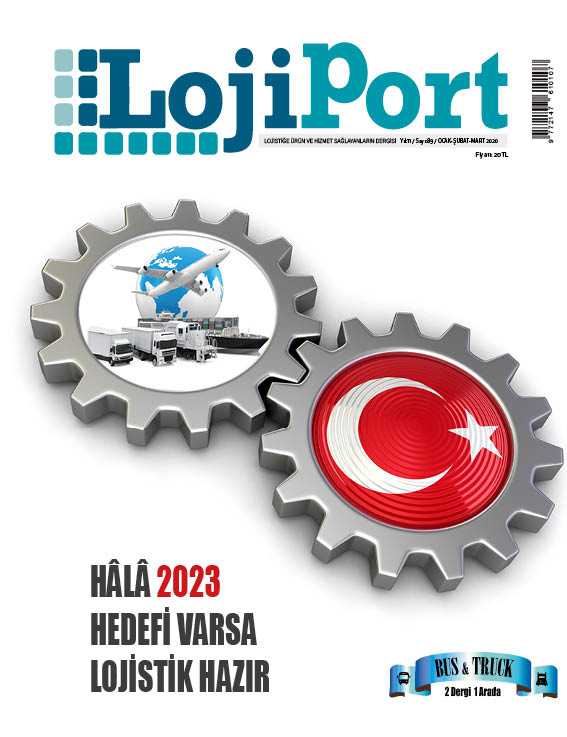
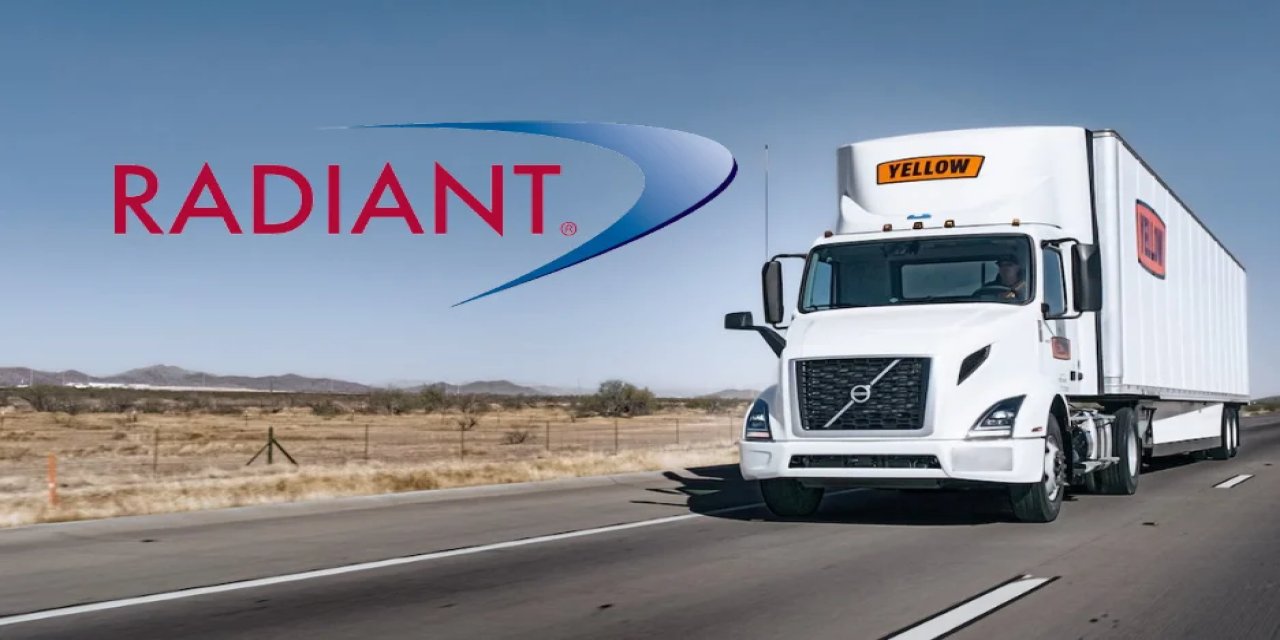

Türkçe karakter kullanılmayan ve büyük harflerle yazılmış yorumlar onaylanmamaktadır.